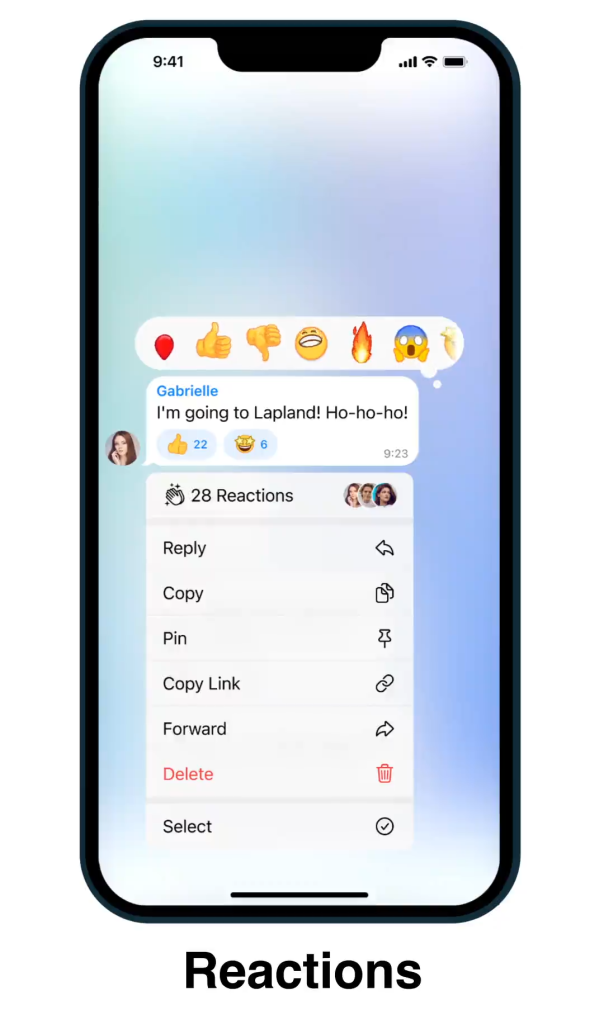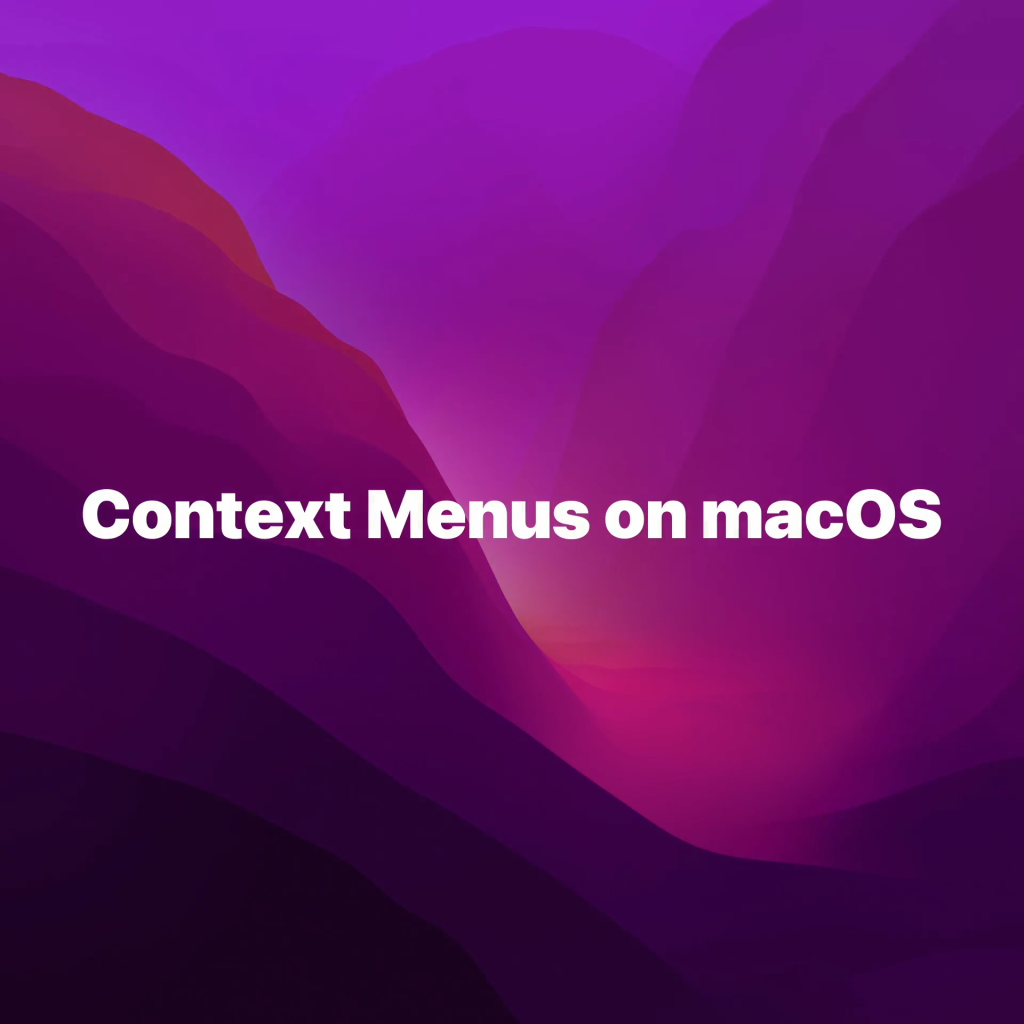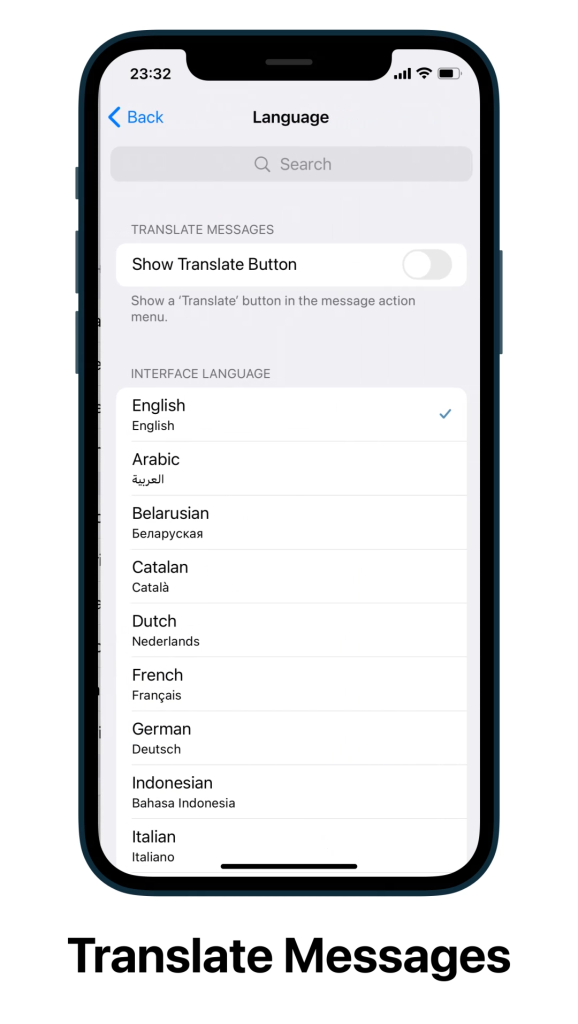
Some users prefer Coinbase Wallet for its seamless integration with the Coinbase exchange and robust customer support, offering enhanced convenience and security.
Evaluating Wallet Security
Security Features Comparison
When comparing cryptocurrency wallets, security is crucial. Here’s a comparison of Trust Wallet and other top wallets:
- Two-Factor Authentication (2FA): Trust Wallet, Coinbase Wallet, and MetaMask support 2FA for added security.
- Biometric Authentication: Trust Wallet, Mycelium, and Ledger Live offer fingerprint and face recognition.
- Encryption Protocols: Trust Wallet, Exodus, and Atomic Wallet use advanced encryption to protect user data.
- Private Key Storage: Trust Wallet stores private keys locally. Hardware wallets like Ledger Nano S and Trezor provide additional security by storing keys offline.
Cold Storage Options
Cold storage keeps cryptocurrency holdings offline, enhancing security. Here’s how Trust Wallet compares:
- Trust Wallet: Primarily a hot wallet, requires pairing with hardware wallets for cold storage.
- Ledger Nano S/X: Provides offline storage and works with Ledger Live for asset management.
- Trezor Model T: Offers offline storage and integrates with Mycelium for secure management.
- Mycelium Wallet: Connects with Trezor and Ledger for combined mobile and cold storage security.

User Experience and Interface
Ease of Use
When evaluating cryptocurrency wallets, ease of use is a key factor. Here’s how Trust Wallet compares with other top wallets:
- Trust Wallet: Known for its intuitive and straightforward interface, making it accessible for beginners and experienced users alike.
- Coinbase Wallet: Offers a user-friendly experience with simple navigation and clear instructions, suitable for users new to cryptocurrencies.
- Exodus Wallet: Features a sleek and visually appealing interface, with built-in exchange services, making it easy for users to manage and trade their assets.
- MetaMask: Provides a clean and easy-to-use interface, especially popular for interacting with decentralized applications (DApps) and the Ethereum blockchain.
Mobile and Desktop Compatibility
Compatibility across different devices is crucial for seamless user experience. Here’s how Trust Wallet stands against other wallets:
- Trust Wallet: Available as a mobile app for both iOS and Android devices. Currently, it does not have a native desktop application.
- Coinbase Wallet: Available on mobile (iOS and Android) and offers integration with the Coinbase web platform, providing a unified experience.
- Exodus Wallet: Offers both mobile (iOS and Android) and desktop applications (Windows, macOS, Linux), ensuring consistent functionality across all devices.
- MetaMask: Provides a mobile app (iOS and Android) and a browser extension compatible with Chrome, Firefox, and Brave, offering versatile access to crypto assets and DApps.

Supported Cryptocurrencies
Range of Supported Coins
The range of supported cryptocurrencies is a crucial factor when choosing a wallet. Here’s how Trust Wallet compares with other top wallets:
- Trust Wallet: Supports a wide variety of cryptocurrencies, including major ones like Bitcoin, Ethereum, Binance Coin, and numerous ERC-20, BEP-2, and BEP-20 tokens.
- Coinbase Wallet: Supports a broad range of cryptocurrencies that are available on the Coinbase exchange, including Bitcoin, Ethereum, Litecoin, and many ERC-20 tokens.
- Exodus Wallet: Supports over 100 cryptocurrencies, including Bitcoin, Ethereum, Ripple, Litecoin, and various ERC-20 tokens.
- MetaMask: Primarily supports Ethereum and ERC-20 tokens, but also compatible with other networks like Binance Smart Chain and Polygon through custom RPC settings.
Token Integration
Token integration capabilities are essential for users who need to manage a diverse portfolio of digital assets. Here’s how Trust Wallet and other wallets handle token integration:
- Trust Wallet: Easily integrates with multiple tokens across different blockchains. Users can add custom tokens manually if not listed by default.
- Coinbase Wallet: Automatically integrates tokens that are supported by the Coinbase exchange. Users can also manually add custom ERC-20 tokens.
- Exodus Wallet: Provides built-in support for a wide range of tokens and regularly updates to include new assets. Users can manage multiple token types within the same interface.
- MetaMask: Allows users to add custom tokens manually and connect to different blockchain networks via custom RPC. Supports a wide range of Ethereum-based tokens and other compatible networks.

Transaction Fees and Costs
Fee Structures
Understanding the fee structures of cryptocurrency wallets is essential for managing costs effectively. Here’s a comparison of Trust Wallet with other top wallets:
- Trust Wallet: Does not charge any fees for using the wallet itself. However, network fees apply for transactions, which are set by the blockchain network and can vary based on network congestion. Trust Wallet allows users to adjust these fees manually to prioritize transaction speed or cost.
- Coinbase Wallet: Similar to Trust Wallet, it doesn’t charge for wallet usage. Network fees apply for transactions, and users can adjust the fees. When transferring funds to or from the Coinbase exchange, additional fees may apply based on the transaction type.
- Exodus Wallet: Does not charge fees for sending or receiving cryptocurrency, but network fees are required for transactions. These fees are automatically calculated based on current network conditions. Exodus also includes a built-in exchange feature, which has its own fee structure for conversions.
- MetaMask: Like the others, MetaMask doesn’t charge for wallet usage. Network fees are required for transactions, and users can set the gas price to control the transaction speed and cost. MetaMask also charges a fee for swaps made within the wallet.
Cost Efficiency
Cost efficiency is a significant factor, especially for frequent transactions. Here’s how Trust Wallet compares in terms of cost efficiency:
- Trust Wallet: Offers cost efficiency by allowing users to customize network fees, enabling them to balance between transaction speed and cost. It’s particularly beneficial for users who want to manage fees actively.
- Coinbase Wallet: Offers a user-friendly experience but may incur higher costs when integrating with the Coinbase exchange due to additional fees for deposits, withdrawals, and conversions.
- Exodus Wallet: Provides a seamless user experience with no additional wallet usage fees, but network fees can fluctuate based on market conditions. The built-in exchange feature is convenient but may have higher conversion fees compared to standalone exchanges.
- MetaMask: Offers flexibility in fee management, allowing users to set their gas price. However, the fee for swaps within the wallet can be higher compared to using dedicated decentralized exchanges (DEXs).

Additional Features
Staking Capabilities
Staking allows users to earn rewards by participating in blockchain networks. Here’s how Trust Wallet and other top wallets handle staking:
- Trust Wallet: Supports staking for several cryptocurrencies, including Binance Coin (BNB), Tron (TRX), Tezos (XTZ), and Cosmos (ATOM). Users can easily stake their assets directly within the wallet interface and earn rewards.
- Coinbase Wallet: Offers staking options for select cryptocurrencies, including Ethereum 2.0 and Tezos. Users can stake directly through the wallet and manage their staked assets easily.
- Exodus Wallet: Provides staking for a variety of assets such as Algorand (ALGO), Cosmos (ATOM), and Tezos (XTZ). The staking process is straightforward, and users can track their rewards within the wallet.
- MetaMask: Does not natively support staking within the wallet. However, users can connect to DeFi platforms and staking services through the browser extension to stake their assets.
DApp Integration
Decentralized Applications (DApps) expand the functionality of cryptocurrency wallets. Here’s a comparison of how Trust Wallet and other wallets integrate with DApps:
- Trust Wallet: Features a built-in DApp browser that allows users to interact with a wide range of decentralized applications directly from the wallet. This includes DeFi platforms, NFT marketplaces, and more, providing a seamless experience.
- Coinbase Wallet: Also includes a DApp browser, enabling users to connect with various decentralized applications. It supports Ethereum-based DApps and offers a secure and user-friendly interface for exploring the decentralized web.
- Exodus Wallet: Does not have a built-in DApp browser. However, users can connect Exodus to Trezor hardware wallets for additional functionalities and use other tools to access DApps.
- MetaMask: Highly regarded for its DApp integration, MetaMask acts as a bridge between users and Ethereum-based DApps. It allows users to connect easily to DeFi platforms, NFT marketplaces, and other DApps through its browser extension.
Customer Support and Community
Availability of Support
The availability of customer support is crucial for resolving issues and providing guidance. Here’s how Trust Wallet and other top wallets compare in terms of support:
- Trust Wallet: Offers a comprehensive support system through their website, including a detailed FAQ section, guides, and tutorials. Users can also submit support tickets for more specific issues. However, there is no live chat or phone support.
- Coinbase Wallet: Provides extensive customer support through email and a comprehensive help center. Coinbase also offers 24/7 phone support for urgent issues, making it highly accessible for users needing immediate assistance.
- Exodus Wallet: Known for its excellent customer service, Exodus provides support via email and live chat. Their website features a rich knowledge base with articles and video tutorials to help users navigate common issues.
- MetaMask: Primarily offers support through a detailed help center and community forums. Users can submit support tickets via the website. There is no live chat or phone support, which can be a limitation for users needing quick responses.
Community Engagement
Community engagement is essential for a wallet’s growth and user satisfaction. Here’s how Trust Wallet and other wallets engage with their communities:
- Trust Wallet: Actively engages with its community through social media platforms like Twitter, Facebook, and Telegram. They frequently update users with the latest news, features, and security tips. Trust Wallet also maintains an active presence on forums and Reddit.
- Coinbase Wallet: Engages with its community through social media channels and regular blog posts. Coinbase also hosts webinars and educational sessions to keep users informed about new features and market trends.
- Exodus Wallet: Maintains a strong community presence on social media and YouTube, where they regularly post updates, tutorials, and market insights. Exodus also encourages user feedback and engages with the community through forums and live chats.
- MetaMask: Highly active on social media and GitHub, MetaMask engages with its community by providing updates, security alerts, and feature announcements. They also have a vibrant community on Reddit and Discord, where users can share experiences and get help from fellow users.

Reputation and Reviews
User Feedback
User feedback is a critical indicator of a wallet’s reliability and user satisfaction. Here’s how Trust Wallet and other top wallets are perceived by their users:
- Trust Wallet: Generally receives positive reviews for its user-friendly interface, security features, and extensive support for various cryptocurrencies. Users appreciate the ease of use and the built-in DApp browser, though some mention occasional connectivity issues with certain DApps.
- Coinbase Wallet: Praised for its seamless integration with the Coinbase exchange and strong security features. Users value the convenience and the customer support availability, but some express concerns about higher fees and occasional delays in transaction processing.
- Exodus Wallet: Known for its excellent user experience and customer support. Users commend its intuitive interface, multi-asset support, and built-in exchange feature. However, some users find the network fees slightly higher compared to other wallets.
- MetaMask: Highly regarded for its compatibility with Ethereum-based DApps and DeFi platforms. Users appreciate its flexibility and robust security features, although there are occasional complaints about the complexity for beginners and issues with phishing attempts.
Industry Recognition
Industry recognition reflects a wallet’s credibility and standing within the cryptocurrency community. Here’s how Trust Wallet and other wallets are recognized in the industry:
- Trust Wallet: Backed by Binance, one of the largest cryptocurrency exchanges in the world, Trust Wallet has earned a strong reputation. It is frequently mentioned in industry publications and praised for its security and extensive support for various tokens.
- Coinbase Wallet: Recognized for its integration with the highly trusted Coinbase exchange, Coinbase Wallet is often featured in industry news for its security measures and ease of use. It has received awards and accolades for its contribution to mainstream cryptocurrency adoption.
- Exodus Wallet: Consistently receives positive mentions in cryptocurrency media for its user-centric design and excellent customer service. It is often highlighted for its ease of use and comprehensive support for multiple assets.
- MetaMask: Widely recognized as the go-to wallet for interacting with Ethereum DApps and DeFi platforms. MetaMask is frequently cited in industry reports and has received several awards for innovation and security in the decentralized application space.